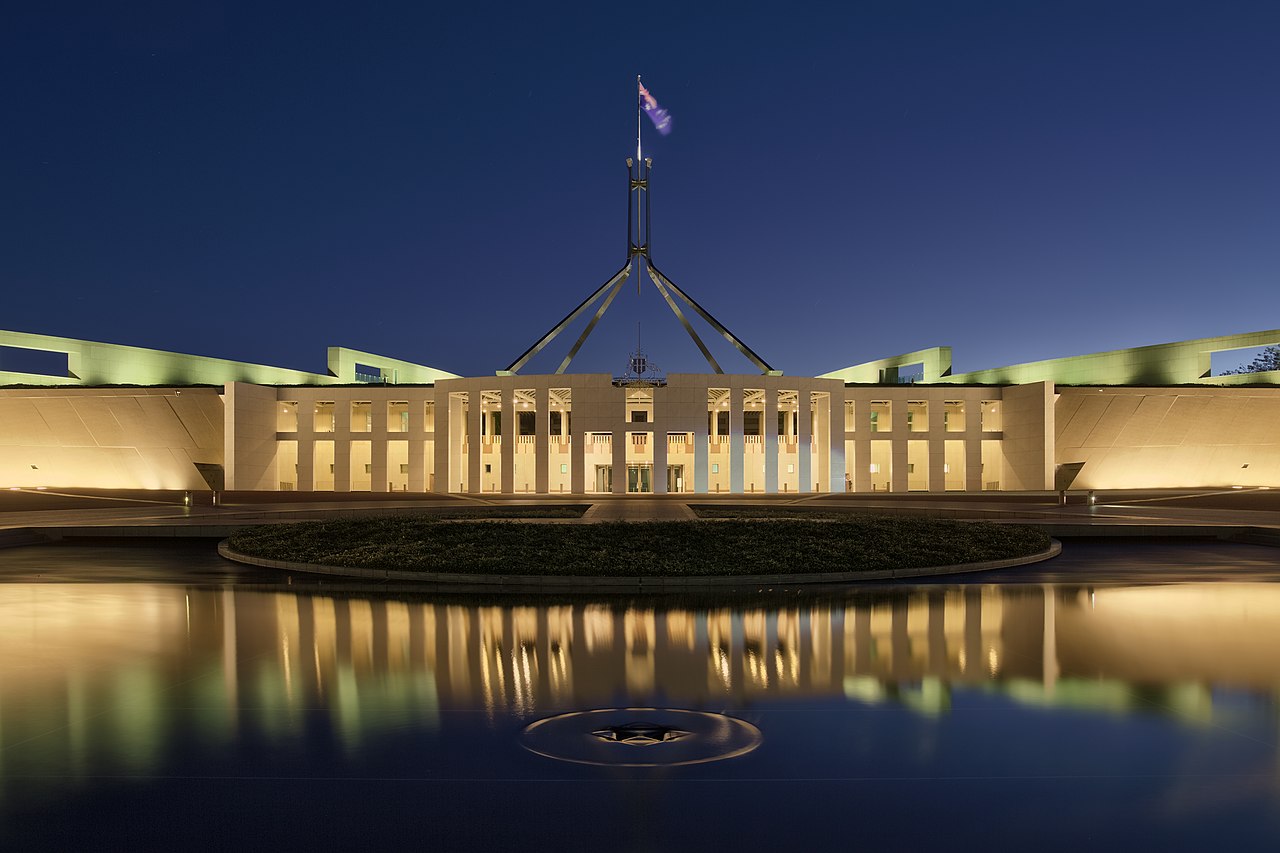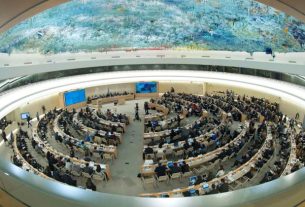Human Rights Watch (HRW) has called on Australia’s re-elected Labor government to place global human rights at the forefront of its foreign policy agenda. In a letter addressed to Foreign Minister Penny Wong on Monday, the organization outlined strategic recommendations spanning four key pillars of Australia’s international engagement: multilateral cooperation, rights-focused diplomacy, protection of marginalized groups, and accountability for grave human rights violations.
HRW commended Australia’s international reputation and growing influence, urging the government to leverage its foreign policy commitments to support emerging global treaties and human rights norms. These include proposed treaties on free access to pre-primary and secondary education, the criminalization of gender apartheid under international law, regulation of autonomous weapons systems, and the advancement of international tax cooperation frameworks.
Highlighting Australia’s leadership in early childhood education, HRW encouraged the government to champion a binding global commitment to education access. The organization also emphasized the need for Australia to support efforts to regulate autonomous weaponry and criminalize systemic discrimination, particularly gender apartheid.
Diplomatically, HRW urged Australia to advocate for the release of individuals arbitrarily detained for exercising basic freedoms—particularly in nations such as China, Vietnam, Cambodia, and Bhutan. The group further called on the government to implement Magnitsky-style sanctions targeting Chinese officials implicated in crimes against humanity in Xinjiang and for suppressing democratic freedoms in Hong Kong.
The letter also recommends that Australia publicly denounce U.S. sanctions imposed on the International Criminal Court during the Trump administration, viewing this as a necessary step in defending international justice institutions.
In relation to the Israel-Gaza conflict, HRW cited the International Court of Justice’s 2024 advisory opinion and urged Canberra to take firmer action. Recommendations include banning trade with illegal Israeli settlements and sanctioning Israeli officials responsible for war crimes, particularly those obstructing humanitarian aid access to Gaza.
Domestically and regionally, HRW urged the government to significantly expand its refugee intake to a minimum of 27,000 people annually. This, the organization argued, is especially vital in light of the United States’ ongoing suspension of its refugee resettlement program, which has left vulnerable populations in limbo.
Australia’s own human rights record has come under scrutiny in recent years, particularly regarding the treatment of Indigenous communities and asylum seekers. Nonetheless, the country was ranked 11th out of 142 in the World Justice Project’s Rule of Law Index 2024, reflecting relative strength in legal institutions and accountability frameworks.
HRW’s recommendations come at a time when global instability and human rights violations are proliferating across conflict zones. The organization urged Australia to rise to the occasion and become a principled voice for justice, dignity, and human rights on the international stage.
Excerpts from jurist.com article by Staff Writer: Divyabharthi Baradhan
AU Parliament House at dusk, Canberra by Thennicke on Wikimedia



